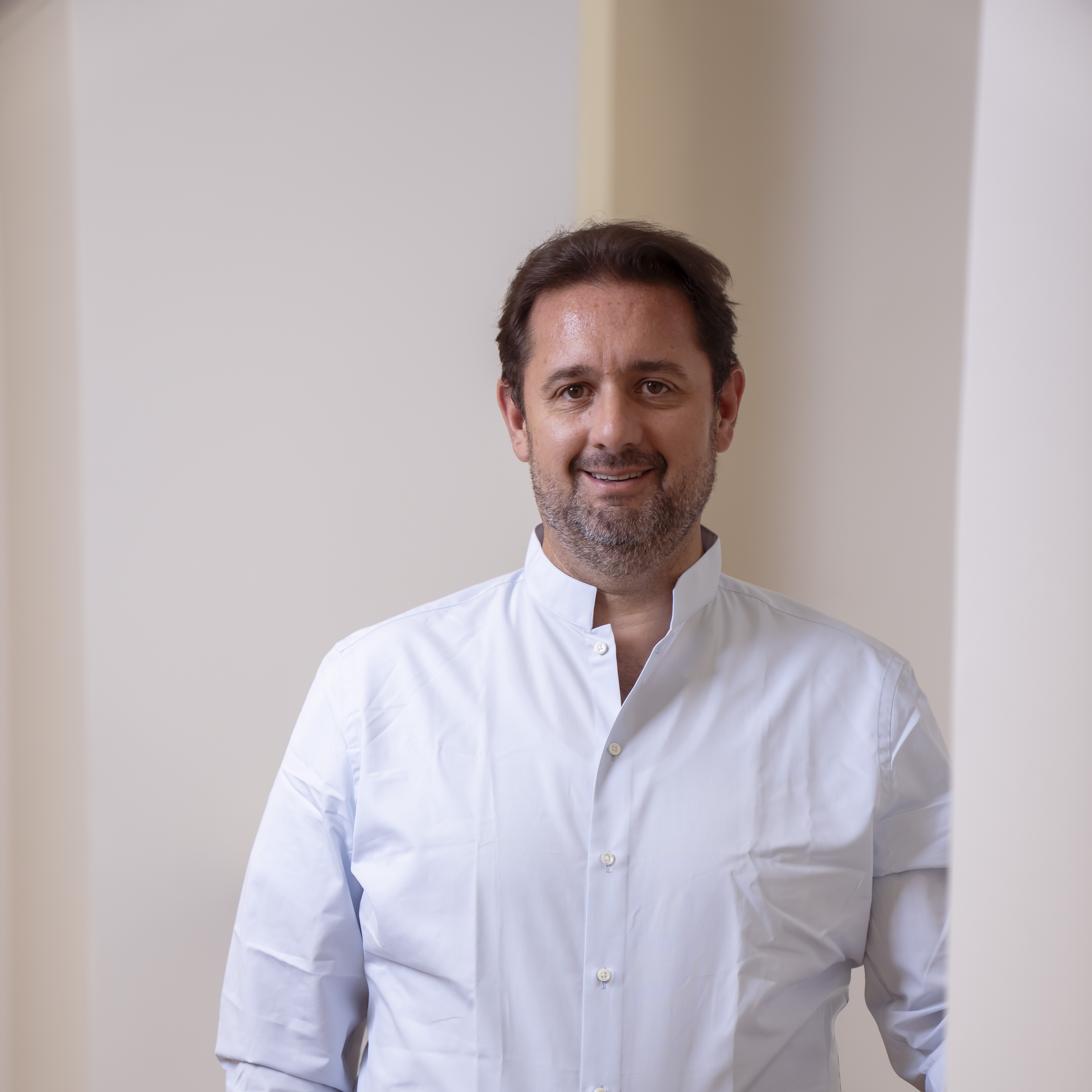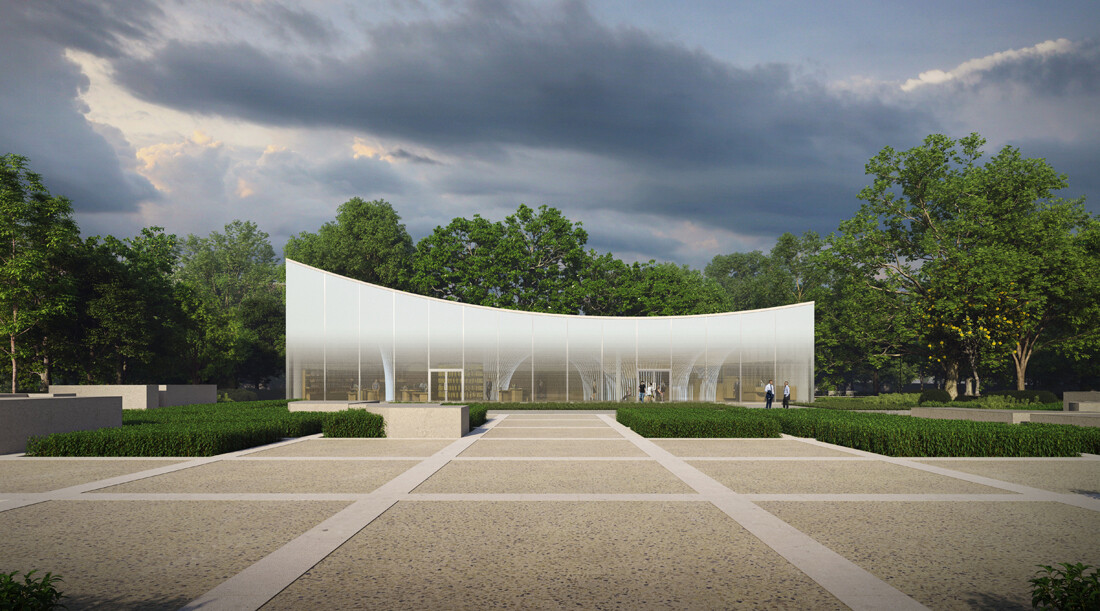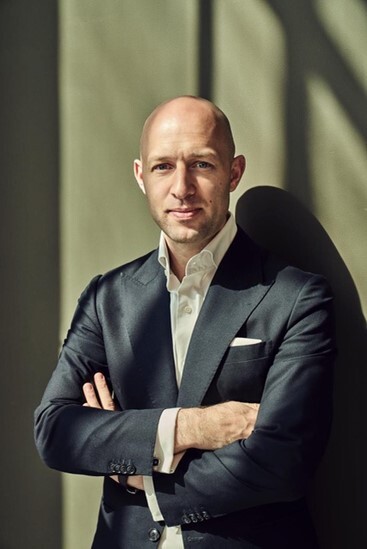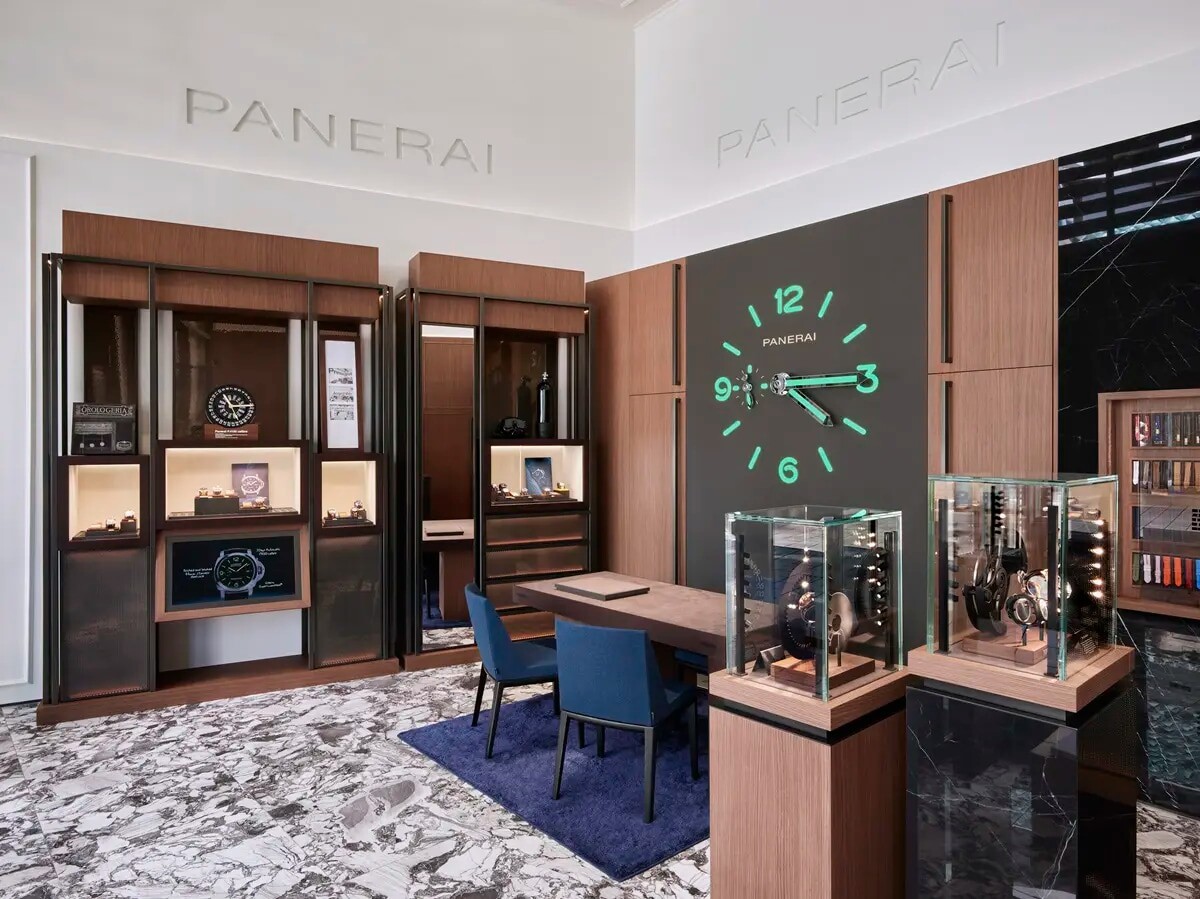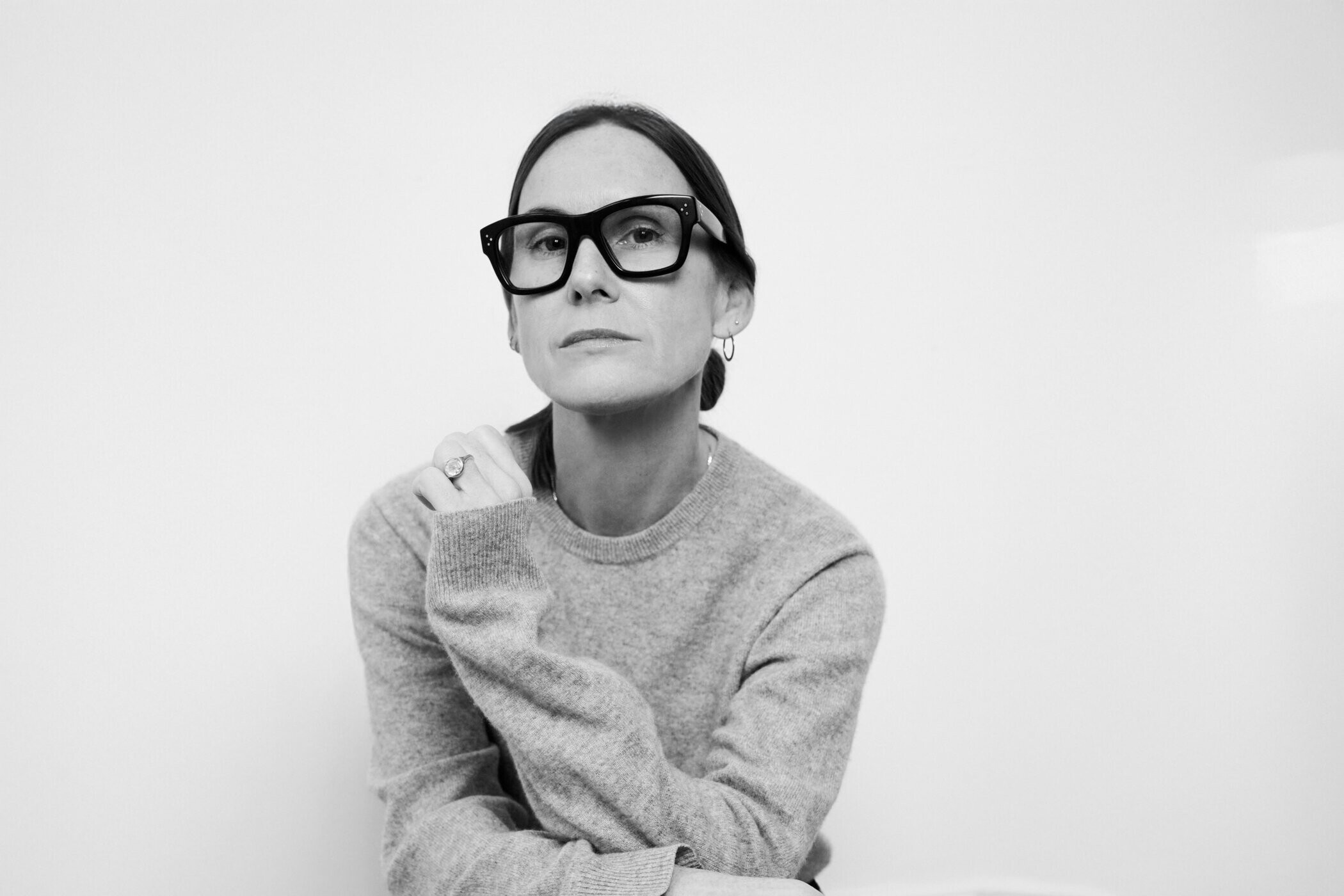Today, as CEO of LOISIUM, a collection of hotels rooted in Europe’s greatest wine regions, Laurent leads a project that reflects his own values: committed, elegant, and profoundly respectful of the soul of each place.
In this interview, he shares his vision of the profession, his approach to transmission, his definition of true luxury in the 21st century, and the human qualities he believes are essential for guiding tomorrow’s hoteliers.
Your journey in hospitality feels like an ongoing dialogue between places, people, and time crossing cultures, continents, and some of the world’s most refined properties. But before the titles, before the projects, do you remember that very first moment when this profession became more than a career, a vocation?
I deeply believe that hospitality is a matter of transmission.
Long before the titles, the projects, or the properties, there was a simple gesture: welcoming.
My great-grandmother ran a restaurant in Toulouse, before the war. I was too young to know her, but I grew up hearing stories about that table where people were received with warmth and generosity, without holding back. That secondhand memory shaped me.
The real turning point, though, came much later. I was 19, working a summer job in a palace hotel, and I saw what it means to offer more than just a service: to create a moment.
This profession isn’t a job; it’s a way of life.
Giving joy, anticipating a need, sparking an emotion; it struck me as a kind of universal language.
Since then, I’ve never stopped seeking that delicate balance between quiet elegance, attention to detail, and the sincerity of a true welcome. Even in the most refined properties, I like to think that what people remember most is the human connection.
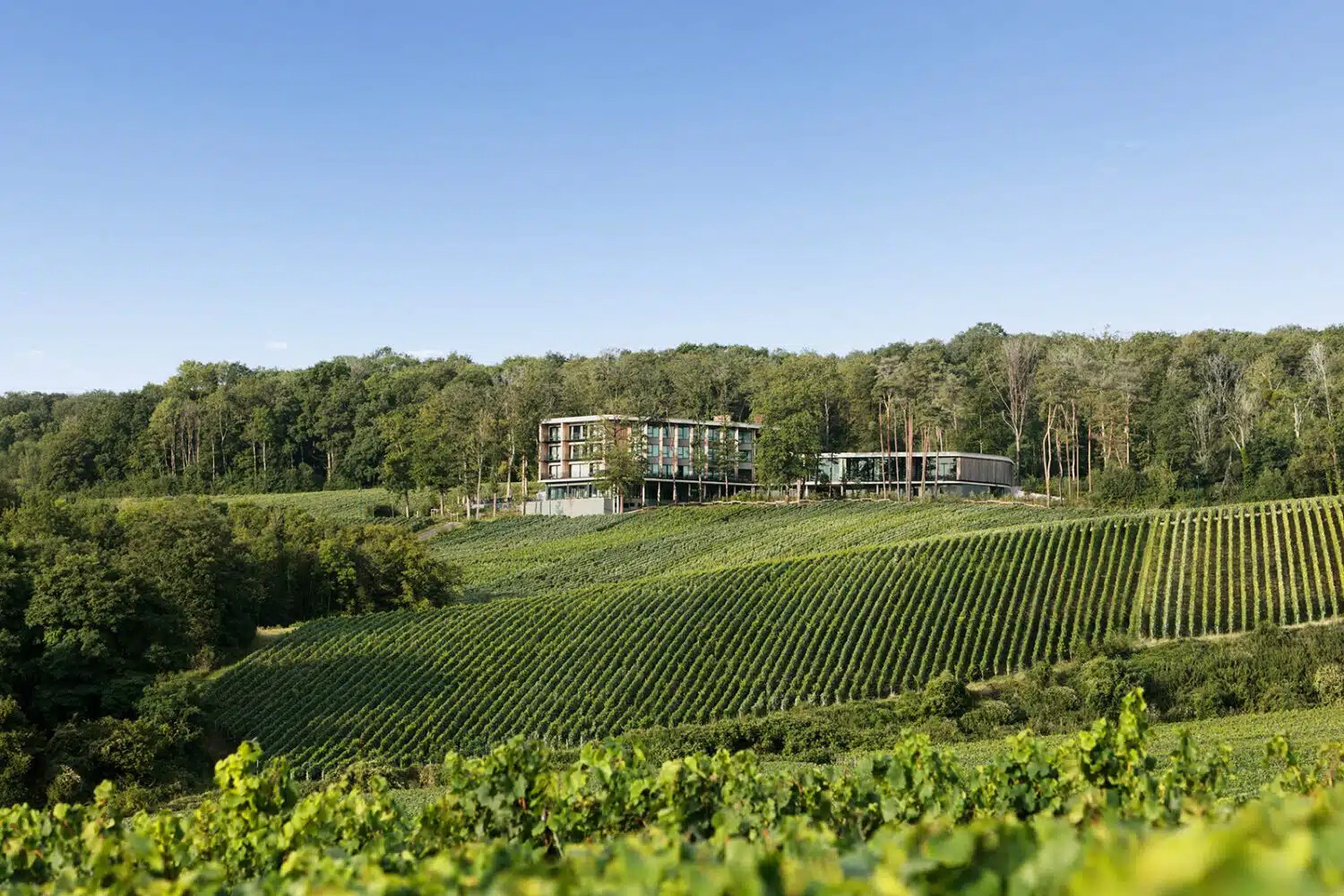
From Raffles in Singapore to La Réserve in Geneva, from the Oetker Collection in Marrakech to co-founding Les Domaines de Fontenille in France, your journey has been shaped by iconic experiences. What moments – challenging or illuminating – quietly shaped the leader you’ve become?
Every property has taught me something. What truly interests me isn’t the walls, but the soul of a place. And the soul lives in the team, in the silent moments of service, in the unspoken looks exchanged between colleagues, in the goosebumps you feel when a guest says nothing… but extends their stay. That quiet satisfaction of someone who found not just service but emotion.
At Raffles in Singapore, I discovered the power of ritual.
There, every gesture has a meaning. It’s a theater of meticulous elegance, but never cold. That’s where I learned to respect the long view, and the invisible detail.
In Marrakech, with the Oetker Collection, I was immersed in the complexity of cultures, expectations, and delicate balances. I learned to listen, to be patient and sometimes, to remain humble in the face of unfamiliar codes.
At La Réserve Genève, I encountered the demands of extreme excellence. Everything had to be perfect but also alive. That’s where I learned to lead without pressure, to spark a form of excellence that grows from within.
Then came Fontenille. There, I found a different rhythm, a new kind of honesty. Less suit, more skin. More connections.
The idea that a place can be beautiful, meaningful, and yet accessible without ever compromising on quality.
This journey has shaped me: it taught me to combine structure and intuition, profitability and emotion, precision and grace.
As the head of LOISIUM, you’re doing more than running a hotel brand; you’re curating a rhythm between land, architecture, wine, and sensory experience. What challenges and opportunities come with such a conceptual group? And how do you balance operational excellence, brand storytelling, and sustainable growth?
I don’t lead a hotel chain in the traditional sense.
I develop a collection of living spaces, rooted in Europe’s most beautiful vineyards.
My mission is to bring contemporary hospitality into dialogue with the memory of the land.
To offer sensory, sincere experiences where each property speaks with the voice of its terroir, while sharing a common culture: wine, nature, design, and taking one’s time.
The vision is clear: to create a form of hospitality that is free, elegant, and rooted in artisan culture.
One that is demanding yet accessible, grounded yet modern where you feel both inspired and at ease.
A hospitality that lets the terroir speak for itself, without a marketing filter.
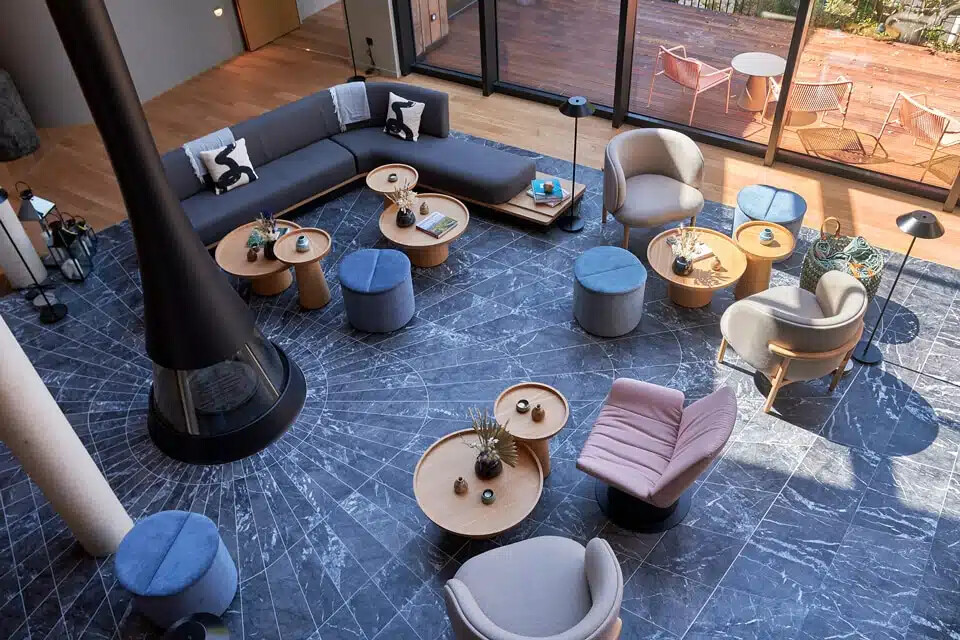
You’ve always moved between excellence and reinvention stepping beyond formal codes to reach something essential: meaning, experience, connection. In your view, what is true luxury in the 21st century? And what values – or perhaps illusions – should be reexamined as our industry evolves?
It’s time to bring meaning back to the word “hotelier.”
An algorithm or an Excel model does not make a hotel.
People do – women and men who welcome, listen, rise early, stay late, all with one thought in mind: that each guest leaves just a little different than when they arrived… with a memory.
At LOISIUM, we want our general managers to be real hoteliers, not administrators.
They embody the property, carry its vision, and energize their teams.
They are the ones who bring the soul of the place to life every day.
That sincerity – that ability to act on a human scale – is where our modernity lies.
Digital tools can support us, but they must never become a mask.
You’ve led diverse teams in high-pressure environments from alpine palaces to cultural retreats. What human and professional qualities do you seek in those around you? And what do you see as your role in mentoring the next generation of hospitality leaders?
Don’t choose this profession for the wrong reasons.
It’s not about appearances. It’s not a career of “décor”.
It’s a craft made of rhythm, details, instinct of real presence.
You have to love serving, love surprising, love bringing joy without needing to be seen.
If that doesn’t deeply move you, this job will wear you down.
But if you love it truly, wholeheartedly; you’ll go far.
Learn everything: costs, numbers, and standards. But never let those things disconnect you from the core gesture of this profession: welcoming.
Be present. Be attentive. Offer something real.
This field needs well-trained minds but above all, it needs committed hearts.
And above all: never let anyone take away the joy of doing this work your way.
That’s what being a hotelier means today.
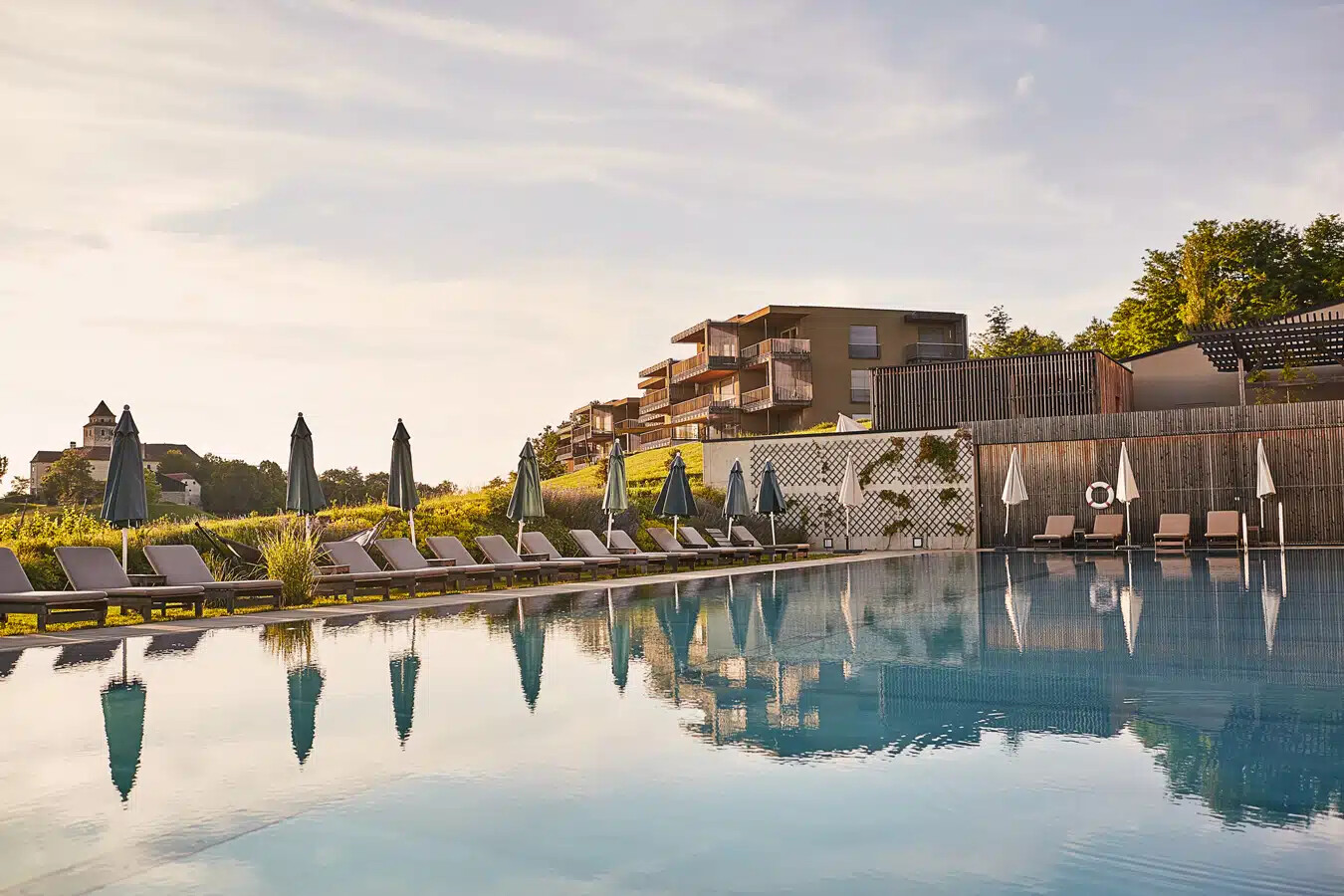
With some perspective – between hands-on operations and strategic vision – what legacy would you like to leave in the world of hospitality? Is there an idea, a gesture, or a philosophy you hope lives on through the people you’ve worked with, long after the projects themselves?
For me, being a hotelier means creating places where people feel expected without ever feeling watched.
It’s the subtle art of making people feel good without imposing, of leaving a mark without leaving a footprint.
And to end on a more personal note, if you were:
– A morning ritual:
Preparing breakfast for the ones I love, in silence.
Toasting bread, brewing coffee, slicing fruit.
Nothing extraordinary, but everything is there.
It’s a simple moment, almost invisible, but perhaps the most precious one.
– A grape variety:
Syrah. I love this grape. Powerful, elegant, with beautiful tension.
It speaks of earth, stone, and spice.
I particularly love Saint-Joseph; an appellation that’s both refined and deep, always vibrant.
– A book you’d recommend to a teenager:
Siddhartha by Hermann Hesse – for those who want to understand that the path matters as much as the destination.
– A historical monument:
The observatory tower at Jantar Mantar in Jaipur.
An open-sky monument, suspended between science and mysticism.
It measures time, eclipses, and invisible angles.
It teaches us that beauty can also be a tool for knowledge and that silence, sometimes, is the highest form of intelligence.

